Introduction to Energy Efficient Home Improvements
Energy efficient home improvements are investments that pay off in the long run. They not only help you save energy, but also reduce your heating and cooling costs, contribute to a cleaner environment, and improve your indoor air quality.

How to increase home value—energy-efficient upgrades for your home do matter
The numbers are clear: According to an NHA report 9 in 10 home buyers prefer homes with energy efficiency features and lower energy cost than cheaper homes that don’t have energy efficiency improvements . Almost half of agents are also interested in sustainable practices.
It is certainly essential that energy efficiency be included into your house improvement plan, especially in older homes. Not just can efficiency upgrades significantly improve the value of your house, they also offer major advantages.

The Importance of Energy Efficiency
Energy efficiency is essential for our planet’s sustainability. By increasing energy efficiency, we reduce our reliance on fossil fuels, decrease greenhouse gas emissions, and minimize the impacts of climate change.

Estimated ROI on switching from fossil fuels to electricity
While quantitative evidence for returns on investments (ROI) for fossil fuel use is still unknown, It seems that switching from electricity can improve your air quality for the best health of the environment and lower your energy costs. It is crucial that we move to using renewable energy to reduce greenhouse gas emissions.
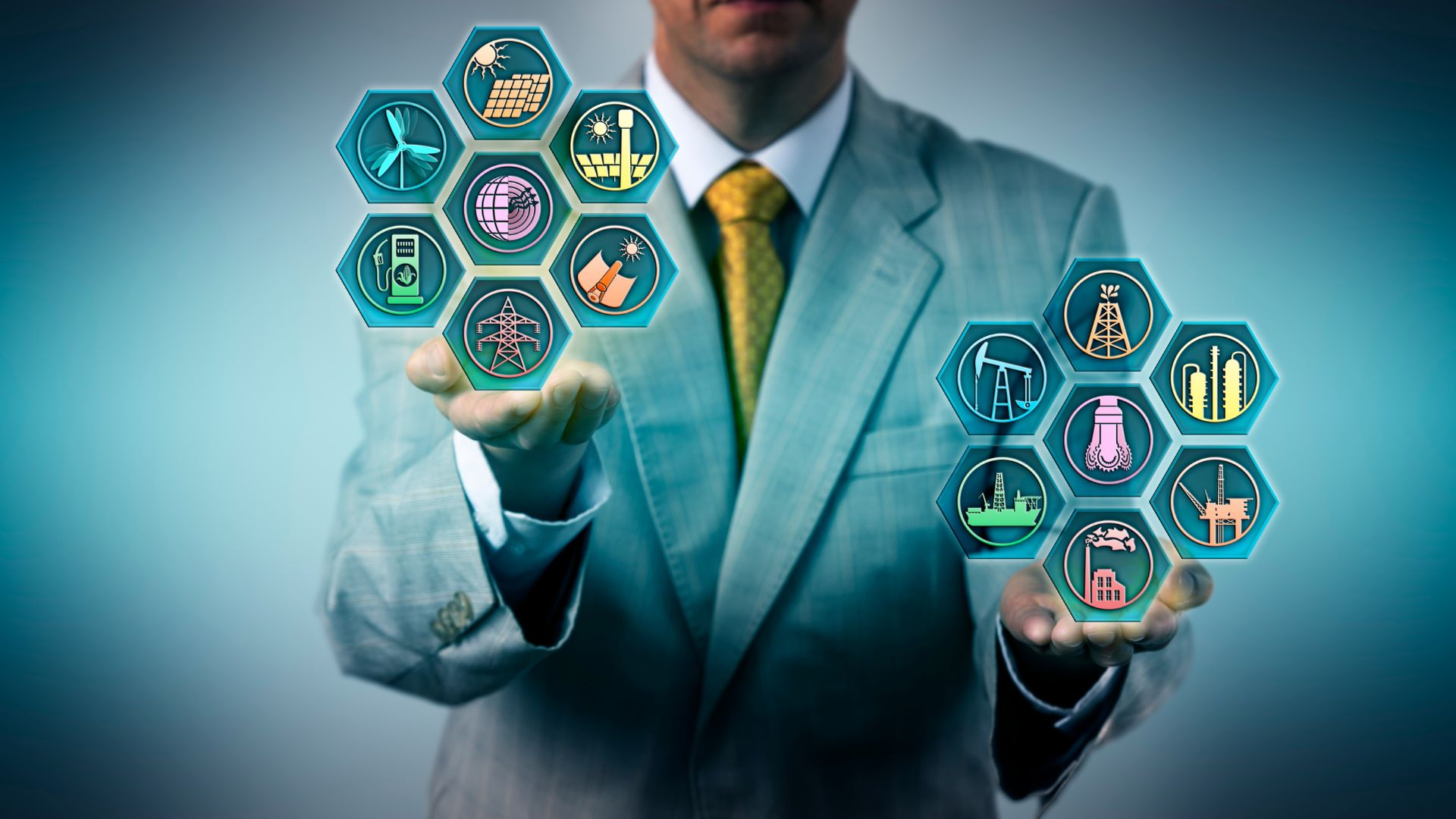
How to Save Energy in Your Home
Simple steps can help save energy in your home. From installing solar panels to sealing air leaks, there are many energy efficiency improvements you can make to lower your energy usage and save money on your utility bills.

The Impact of Heating and Cooling Costs on Your Wallet
Heating and cooling costs account for a significant portion of your energy bills. By making your home more energy efficient, you can save money on heating and cooling bills, while also reducing your carbon footprint.
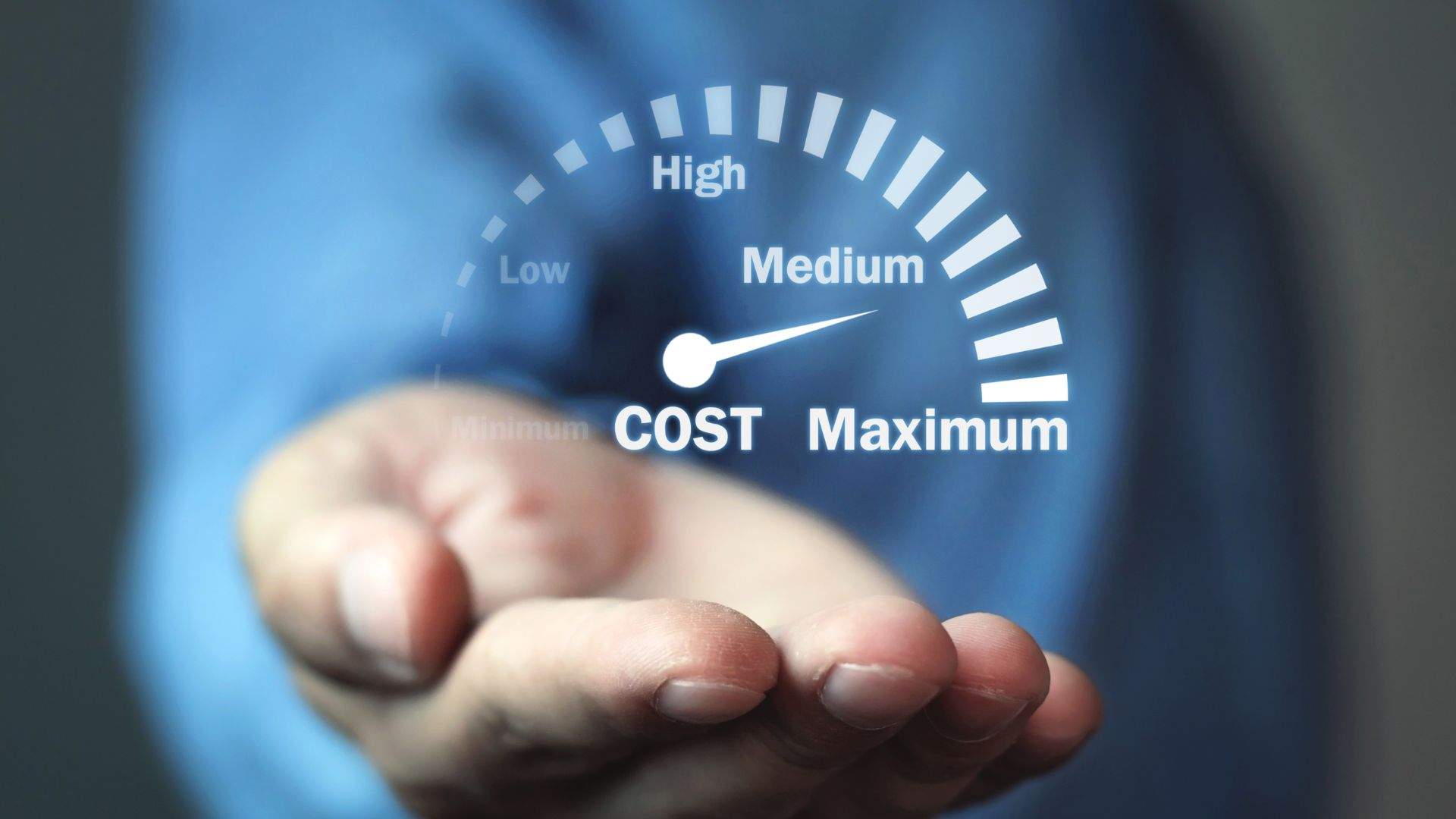
Making Your Home More Energy Efficient
There are several ways to increase the energy efficiency of your home. Some popular options include installing a heat pump water heater, adding insulation, and upgrading to Energy Star appliances.
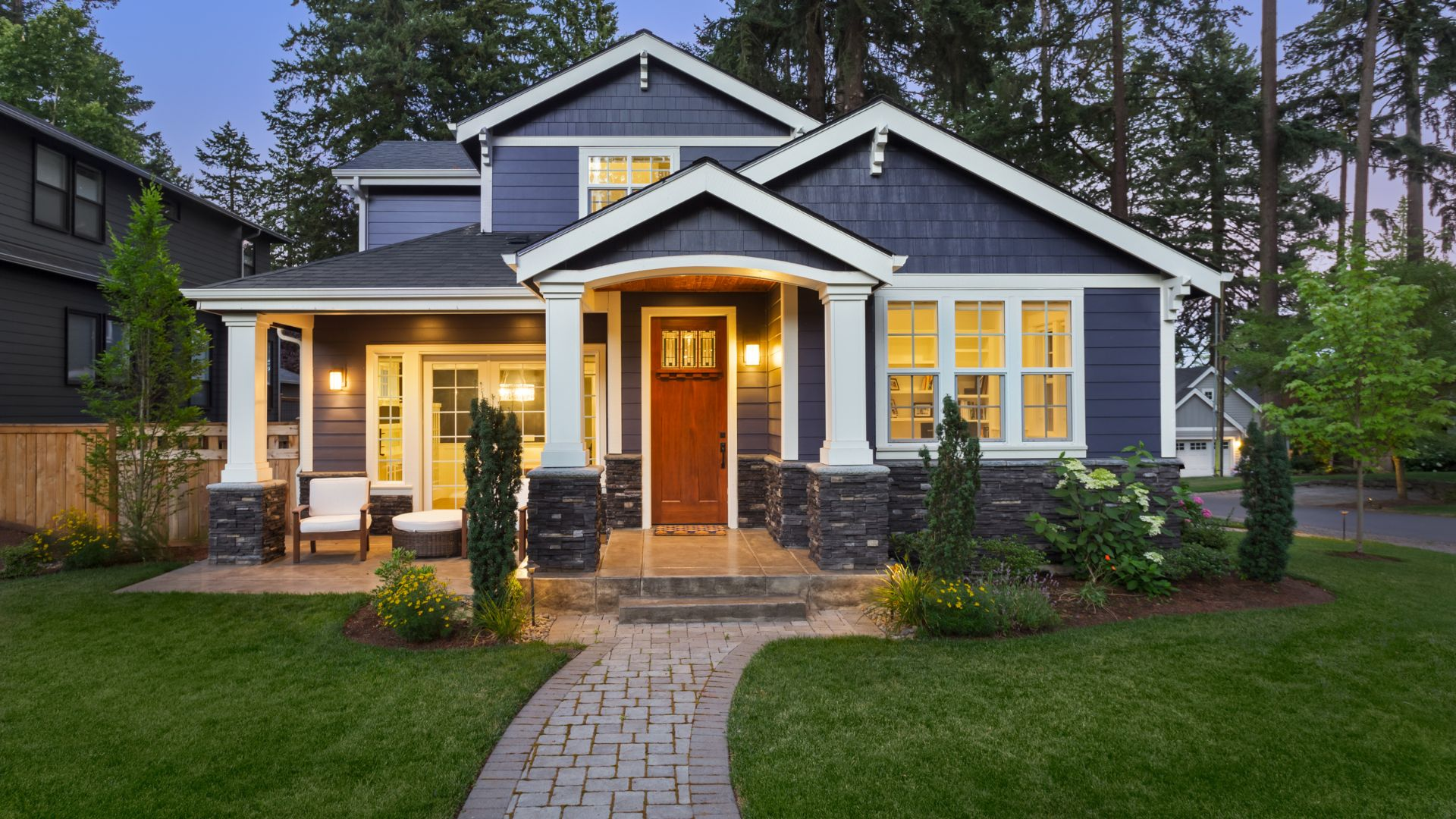
Solar Panels: Harnessing the Sun’s Power
Installing solar panels is a smart way to generate clean, renewable energy for your home. They can significantly reduce your energy bills and may even earn you tax credits, depending on your location
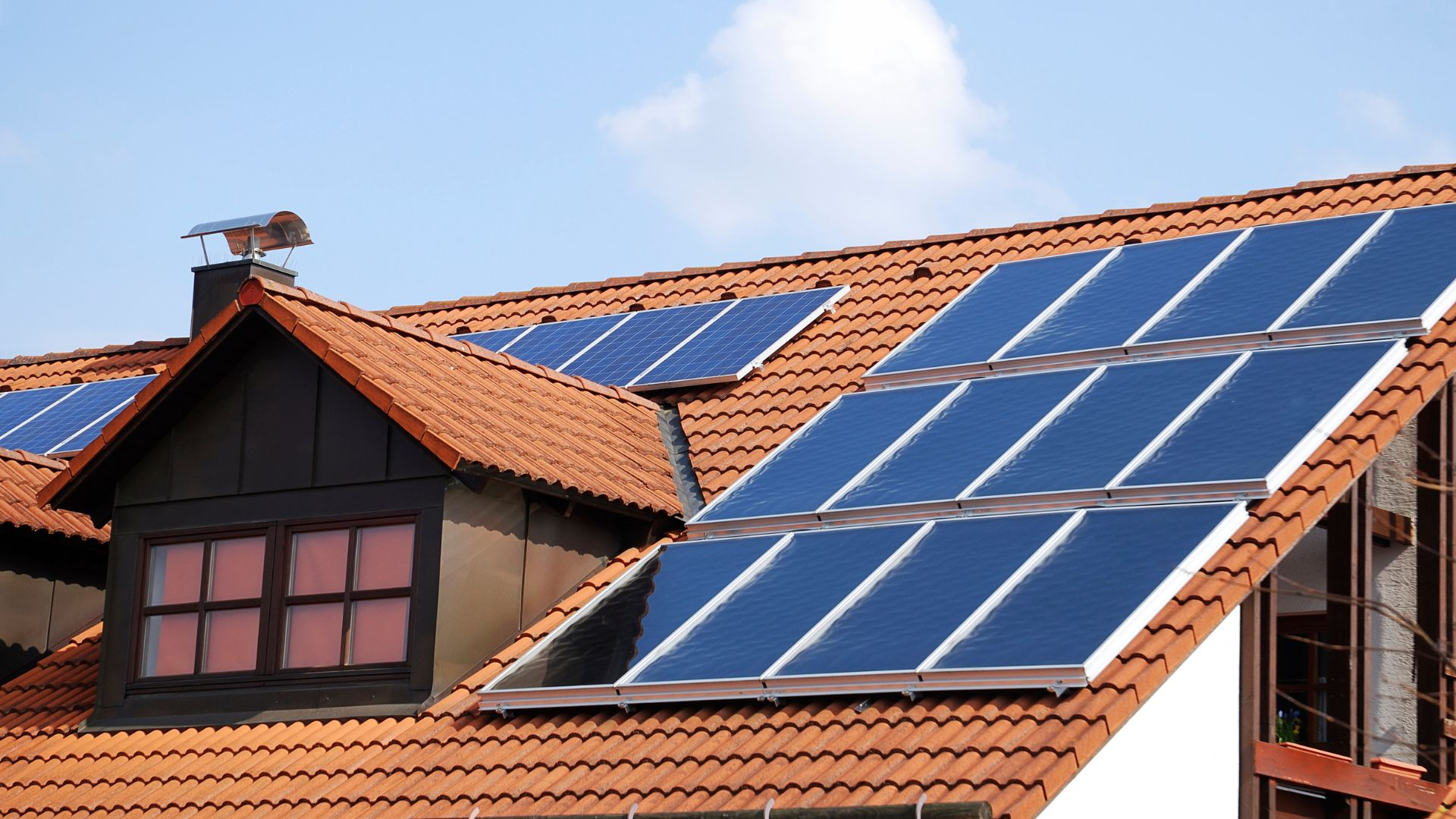
ROI on solar panels
Solar paneling can be costly initially and will increase your home value by 4% (16). So a median home value of $330,000 is a rise of $12,000. Sealed provides a powerful heat barrier for your solar system without the need for an upfront cost. If your property is not properly insulated it will become useless to produce energy.
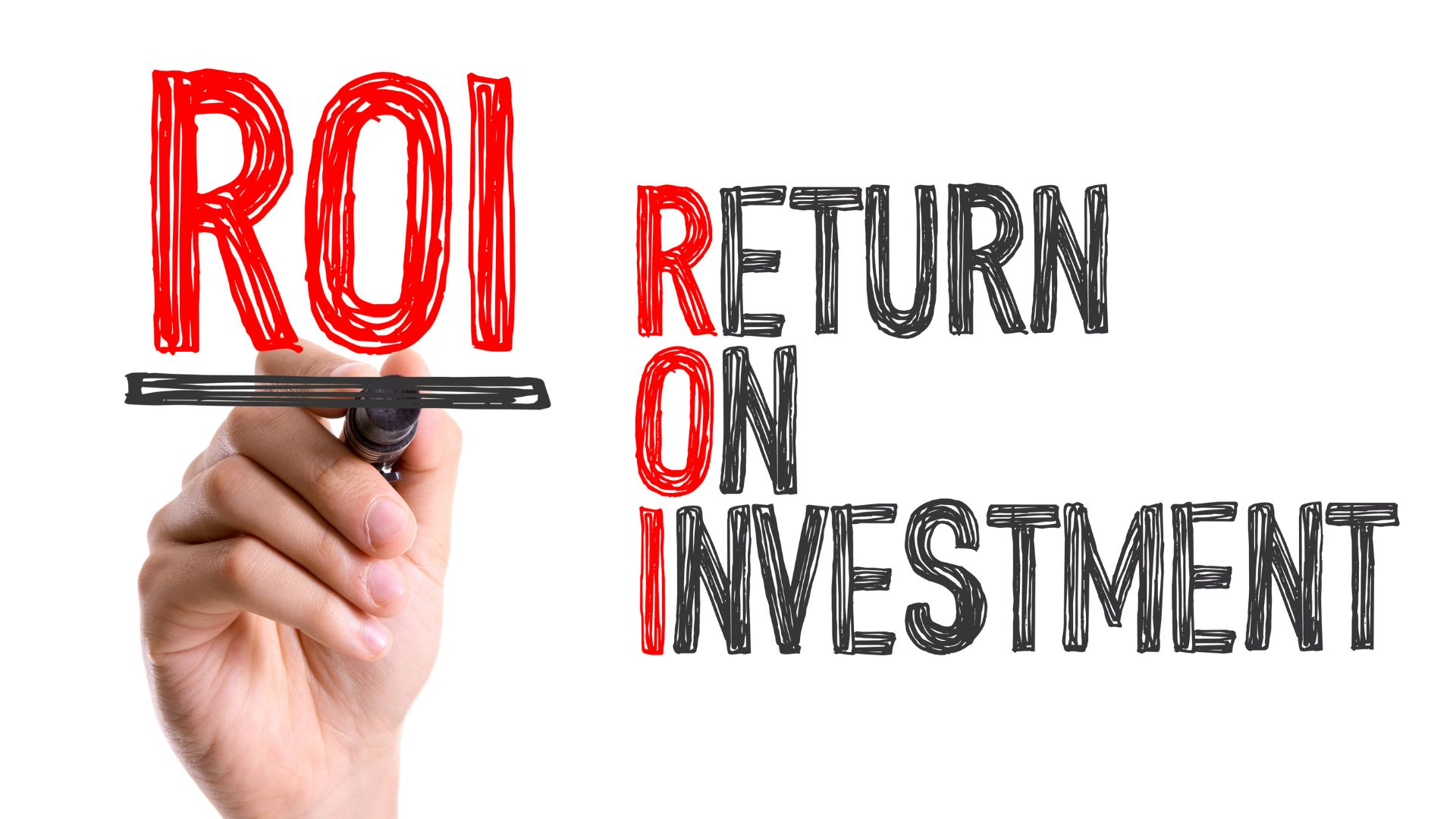
Air Sealing: A Simple Way to Reduce Energy Waste
Providing updated insulation and air sealing is one of the most important energy saving measures.
Air sealing helps prevent drafts and reduces heat loss in your home. Sealing air leaks with weather stripping, spray foam, or caulk can result in significant energy savings.
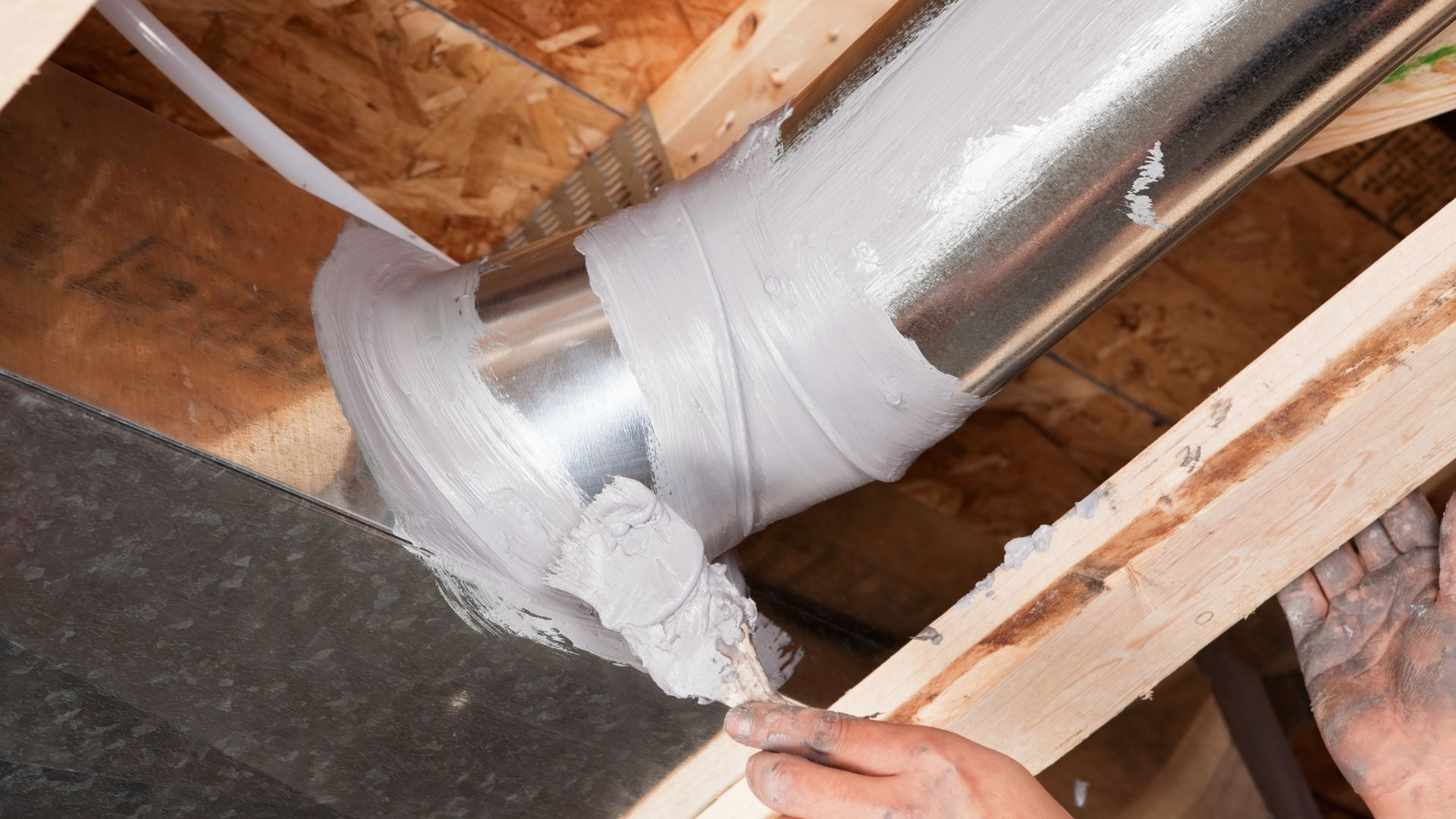
Choosing the Right Air Conditioner and Furnace
Selecting an energy-efficient air conditioner is crucial for keeping cooling costs low. Look for Energy Star certified models to ensure you’re getting the most efficient unit available.
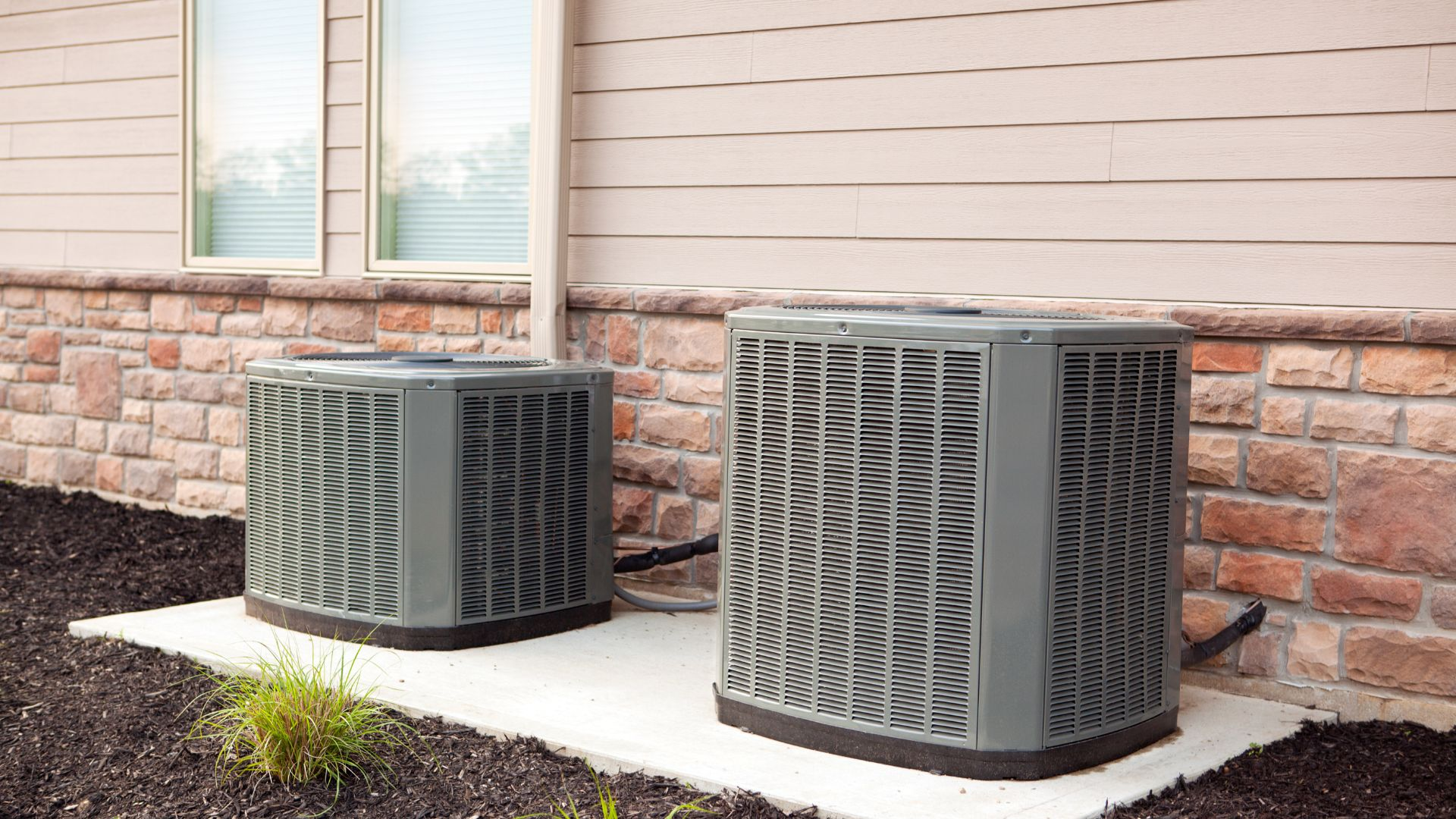
Cutting Cooling Costs with Energy Star Products
Energy Star products meet strict energy efficiency guidelines set by the U.S. Environmental Protection Agency. By choosing Energy Star certified appliances, you can save money on cooling costs and contribute to a cleaner environment.
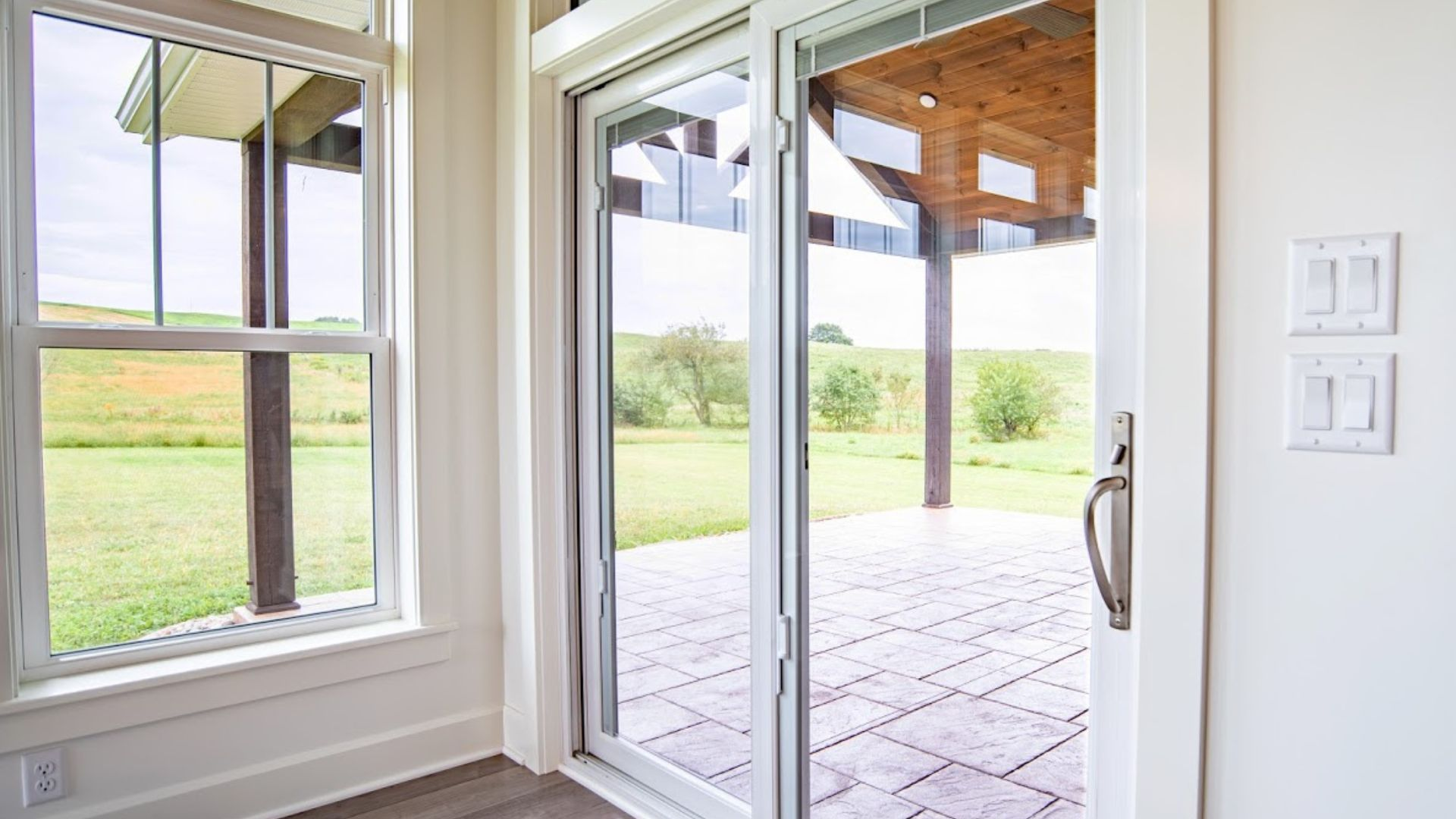
Exploring Energy Efficiency Upgrades
Investing in energy efficiency upgrades, such as adding insulation or installing a high-efficiency furnace or air conditioner, can improve your home’s heating and cooling performance, lower your energy bills, and increase its overall value.

Reducing Cooling Bills with Simple Changes
Replace old windows with energy-efficient models, use reflective window films to reflect heat, and install ceiling fans to circulate air, which can all help to lower your cooling bills.
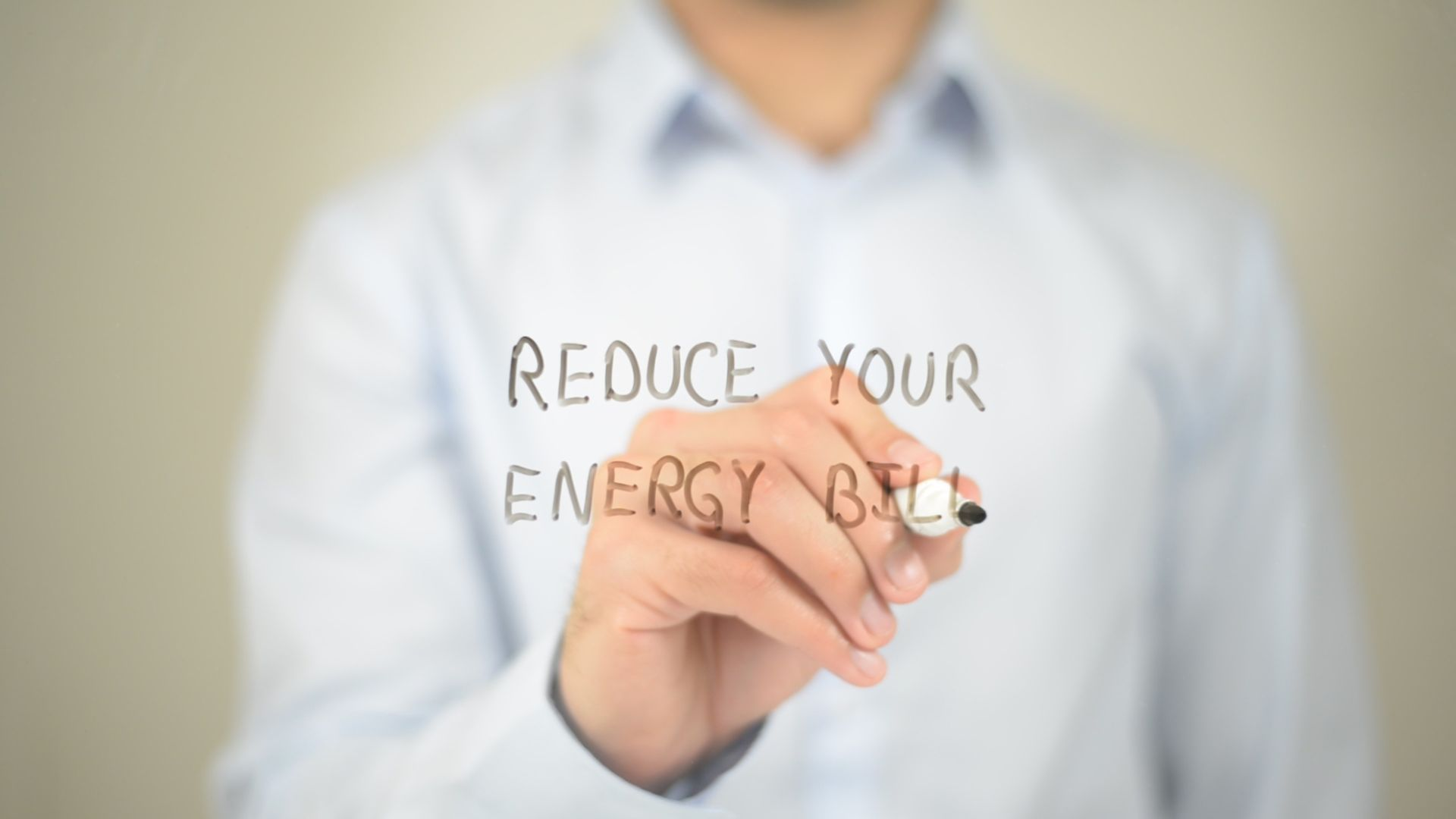
Install Ceiling Fans
When the air conditioning or fan on your house runs you can decrease it up to four degrees without having any discomfort in the hotter months. Ceiling fans can also keep you cool during a hot summer. During the colder months, the air circulates hot air up the floor and carries it back into the room.
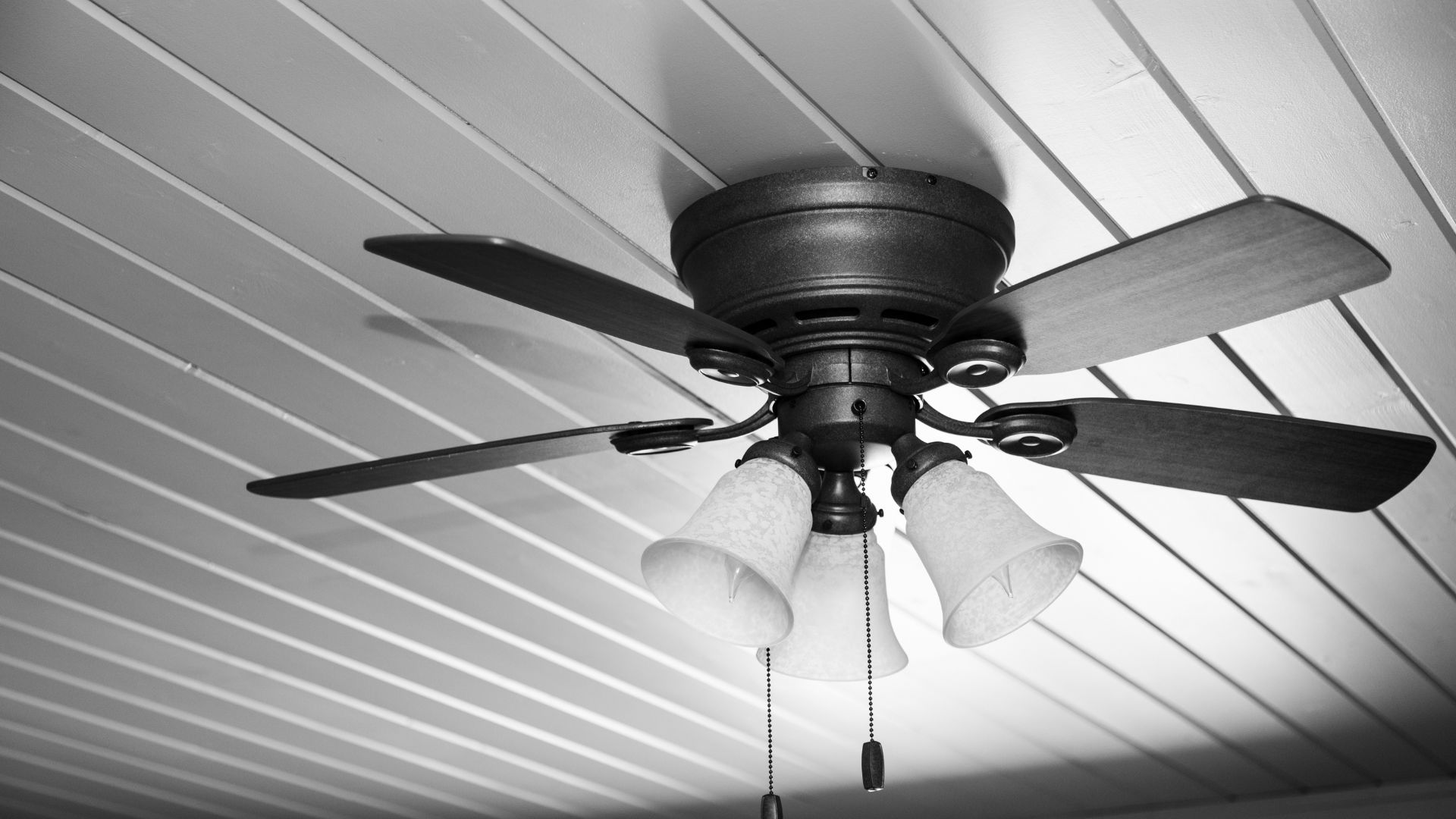
ROI on replacing your windows
The average cost of replacing a current window with a vinyl window is about $66,000. The average replacement cost is about $120,000 (16). Installing wood windows increases the price for work but the return on investment falls a lot.
Energy Star said a new window can reduce your energy consumption by 12% on average. The average cost for replacing single-pane glass is 108–583 per year. The cost for this upgrade is not substantially reduced when compared to the initial cost.
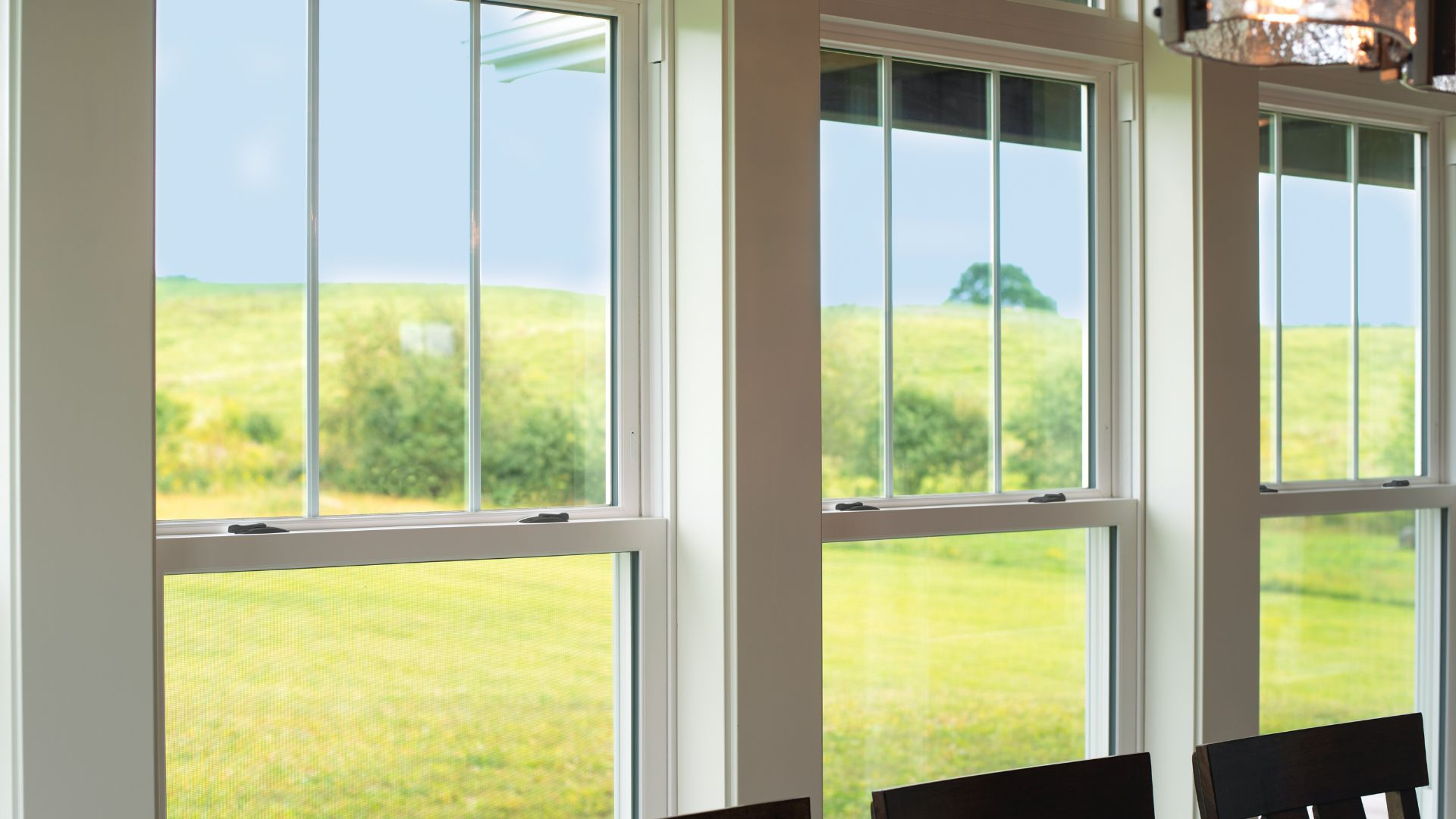
How new windows increase energy efficiency
Installation of new windows improves energy efficiency by preventing heat penetration in the winter. Most homebuyers and homemakers are unaware you might no longer want to install windows when converting an existing insulated room or adding insulation to the room. (Okay. Yes!).
Sometimes it is necessary to fix drafty windows by adding insulation or air sealing upgrades which help you repair air flow and thermal boundaries. This is usually less expensive to install and has a higher return on investment.
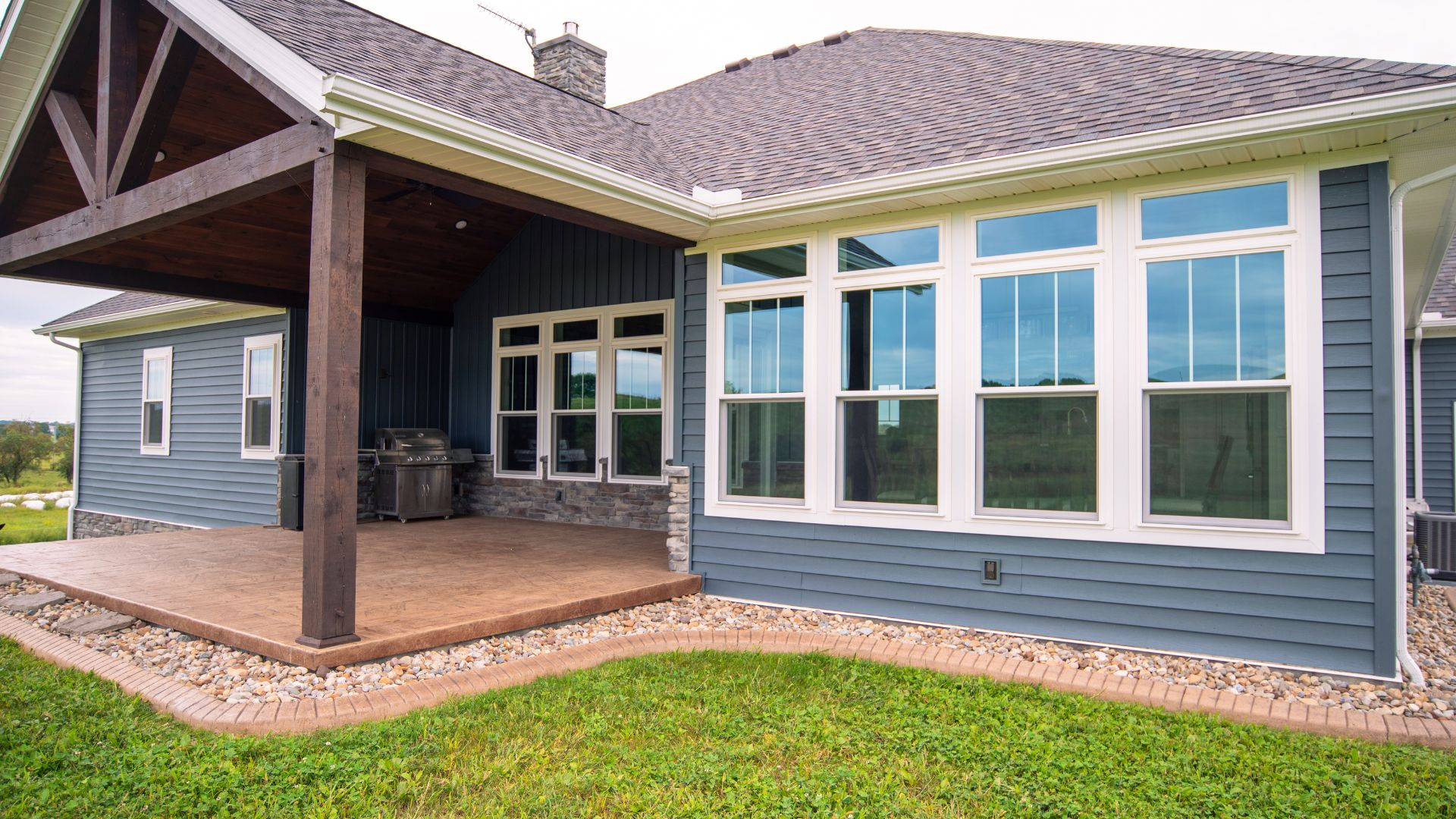
How smart thermostats increase energy efficiency
Smart thermostats allow you to monitor and control your home’s heating and cooling system remotely, leading to more efficient energy use and lower bills.
Smart thermostats are not just programable but they also know your family’s preferences for temperatures which helps you conserve heat and cool your house.
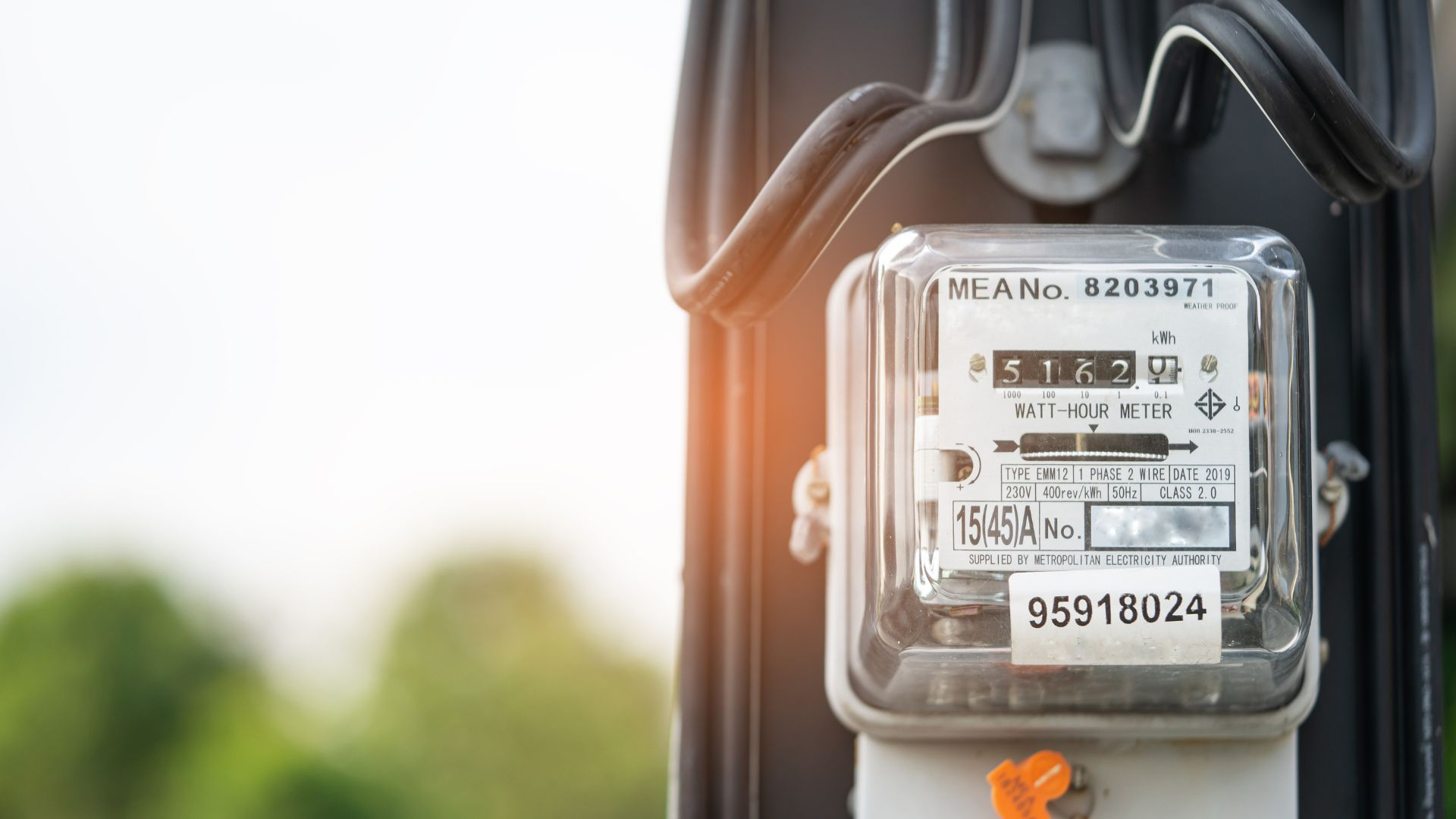
Estimated ROI on upgrading to a smart thermostat
In two months, Nest’s smart thermostats saved Nest customers 10% to 12% in heating versus 15% on cooling (11). Results differ depending a couple different things: which Smart thermostats are installed, the insulation that has been maintained, and the air sealing that was done correctly. In addition, smart home technology can significantly increase home selling potential buyers.
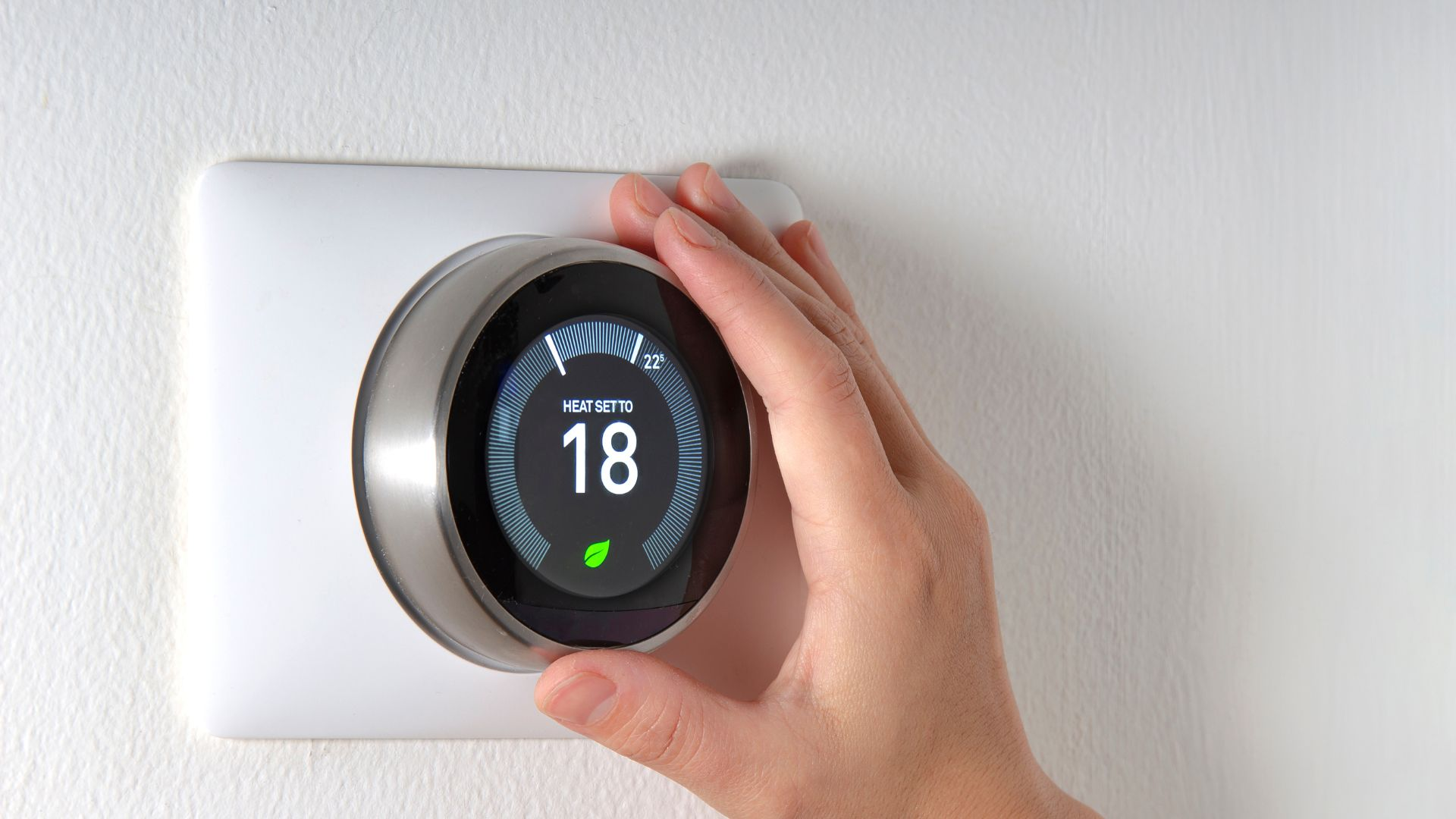
Add an Extra Layer of Insulation
No roof replacement is going to be possible if there is no good ventilation system in place. Check the insulation in every room of the house, including the basement and crawl spaces.
This helps keep cool air within your home, decreases heat and cooling costs, and increases comfort. If looking to buy appliances, check for an Energy Star sticker that says that the item meets EPA Energy Efficiency Guidelines.
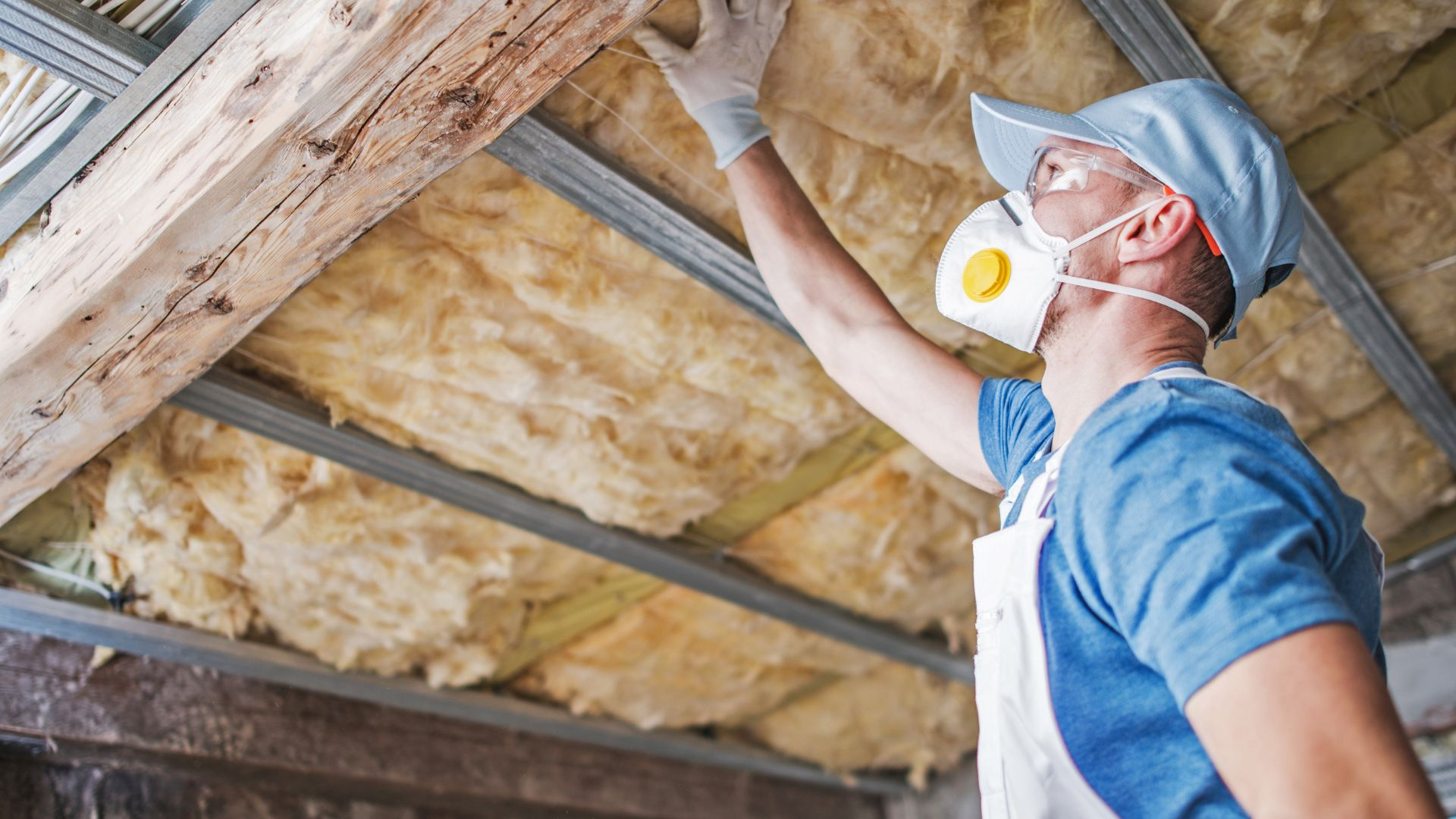
Heat Pump Water Heater: An Energy-Saving Alternative
A heat pump water heater uses the heat from the surrounding air to heat water, making it a more energy-efficient option compared to traditional water heaters.
Because of their unusual operation heat pumps use 1/3 the amount of electricity a typical HVAC system would use. When you combine modern heat pumps with modern insulation and professional air sealing your system will reduce energy consumption all at once.
This is an excellent incentive for customers looking for sustainable heat-cooling technologies, particularly when converting from heat to electricity. But the benefits are immediate.
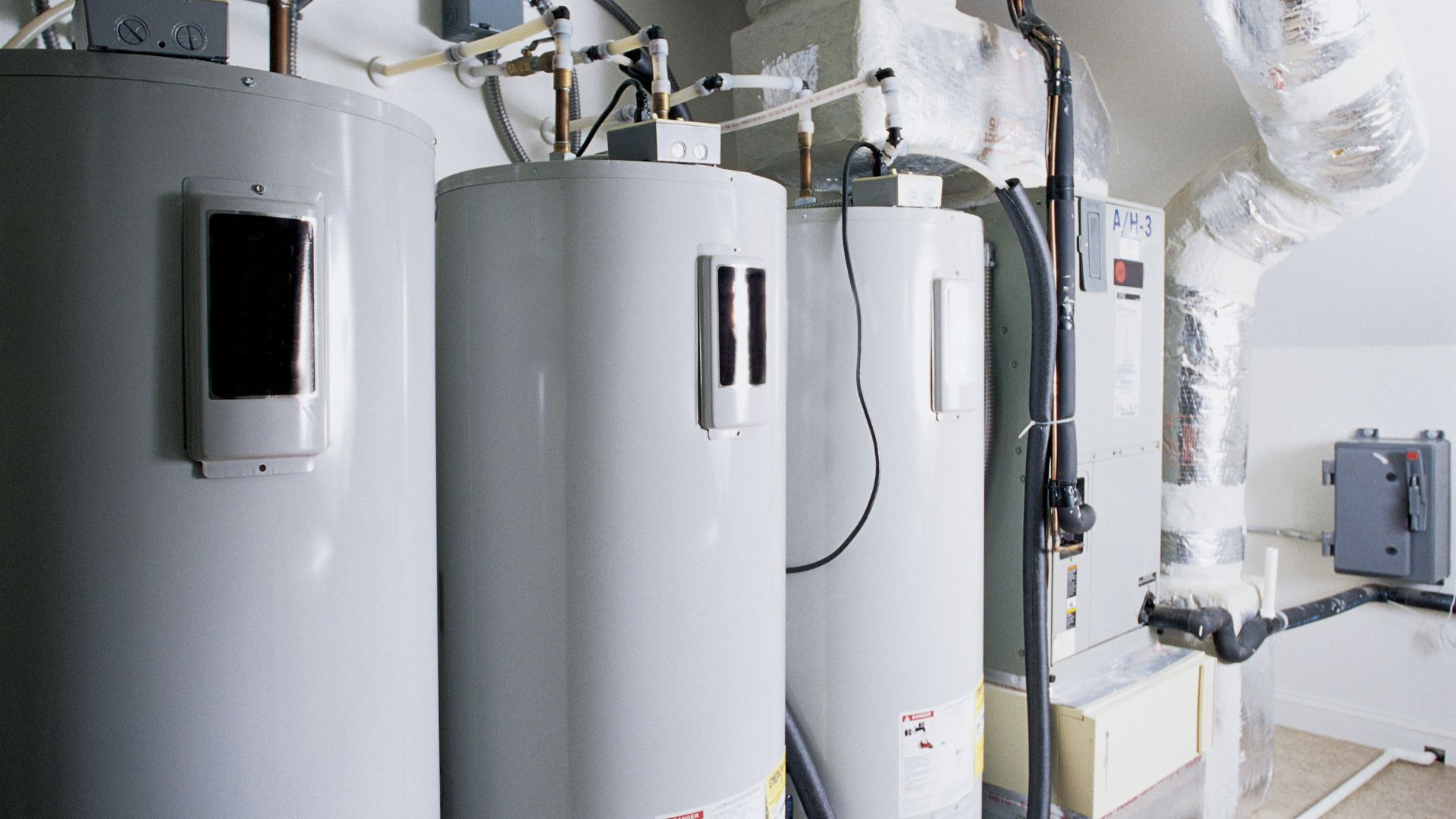
ROI on replacing your hot water heater
The cost to a family of four is compared to using a water heater without heating or cooling equipment and is about $375 per year. Unlike the heat pumps and tankless heat pumps that use electricity and electricity, they do not use electricity and are less efficient than water heaters.
I want a heater with heating and cooling system. Sealed helps you convert your hot water system without any upfront costs. Heat pump water heaters are usually twice as efficient as other water heaters.
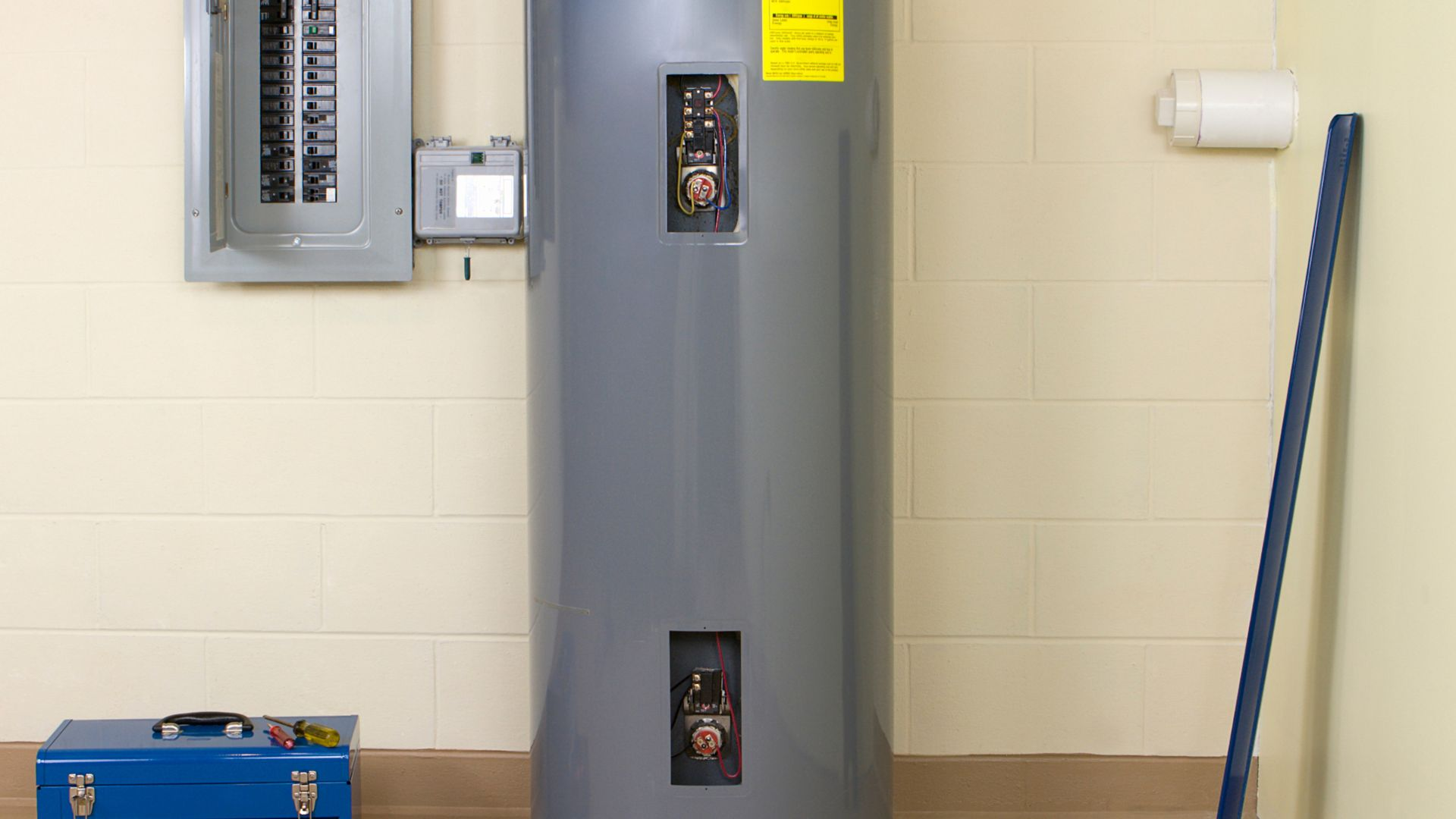
Tax Credits for Energy Efficiency Improvements
The Inflation Reduction Act offers tax credits for homeowners who make energy efficiency improvements. Consult your tax advisor to determine your eligibility for these credits.
The Inflation Reduction Act outlines applicable credit percentage rates for qualifying energy efficiency improvements. Familiarize yourself with these rates to maximize your tax savings.
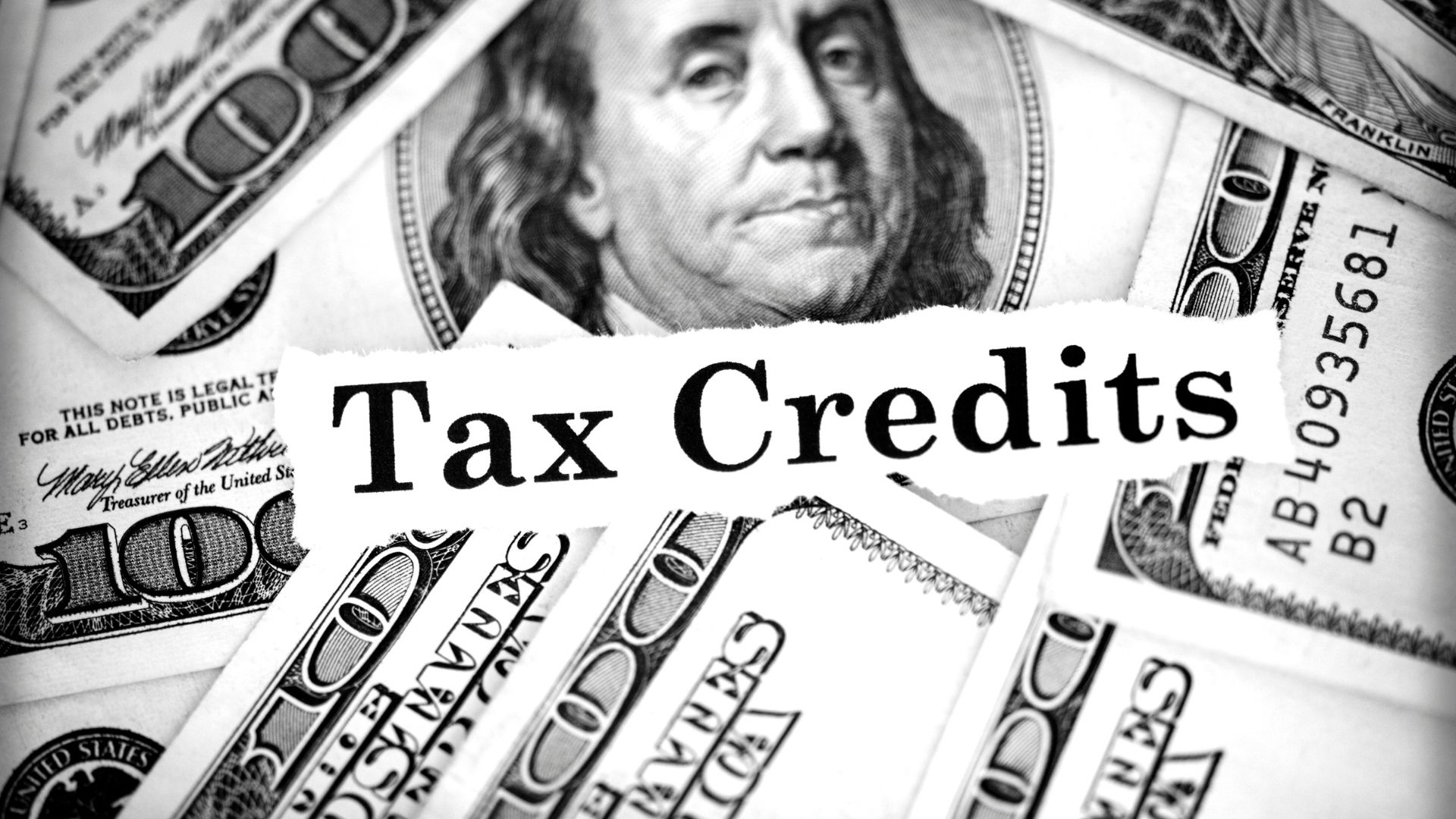
What energy-efficient items are tax deductible?
Renewable energy resources
Tax deductions may apply for systems like wind turbines, geothermal heat pumps, and biomass energy systems.
Solar energy assets
Tax incentives can apply to solar panels, solar water heaters, and solar space heating/cooling systems.
Energy equipment
High-efficiency HVAC systems, insulation, and energy-efficient windows and doors might be tax-deductible.
Electric vehicles and charging stations
Tax incentives could be available for purchasing electric or plug-in hybrid vehicles and installing charging stations.
Energy-efficient lighting
Some jurisdictions offer tax deductions for using energy-saving lighting solutions like LED or CFL bulbs.
Energy management systems
Tax deductions may apply for installing energy management systems or smart thermostats that optimize energy usage.
Energy Star appliances
In 2020, federal taxes on home improvements on energy efficiency will be reduced. ENERGYSTAR certified products receive tax credits.
What is California home energy Upgrade Program?

The California Home Energy Upgrade Program, also known as the Energy Upgrade California program, is a state-wide initiative designed to help homeowners improve their homes’ energy efficiency, conserve natural resources, and reduce power consumption.
The program aims to promote sustainable living, reduce greenhouse gas emissions, and lower utility bills for homeowners while simultaneously boosting the state’s overall energy independence.
Monitoring Your Home’s Energy Usage
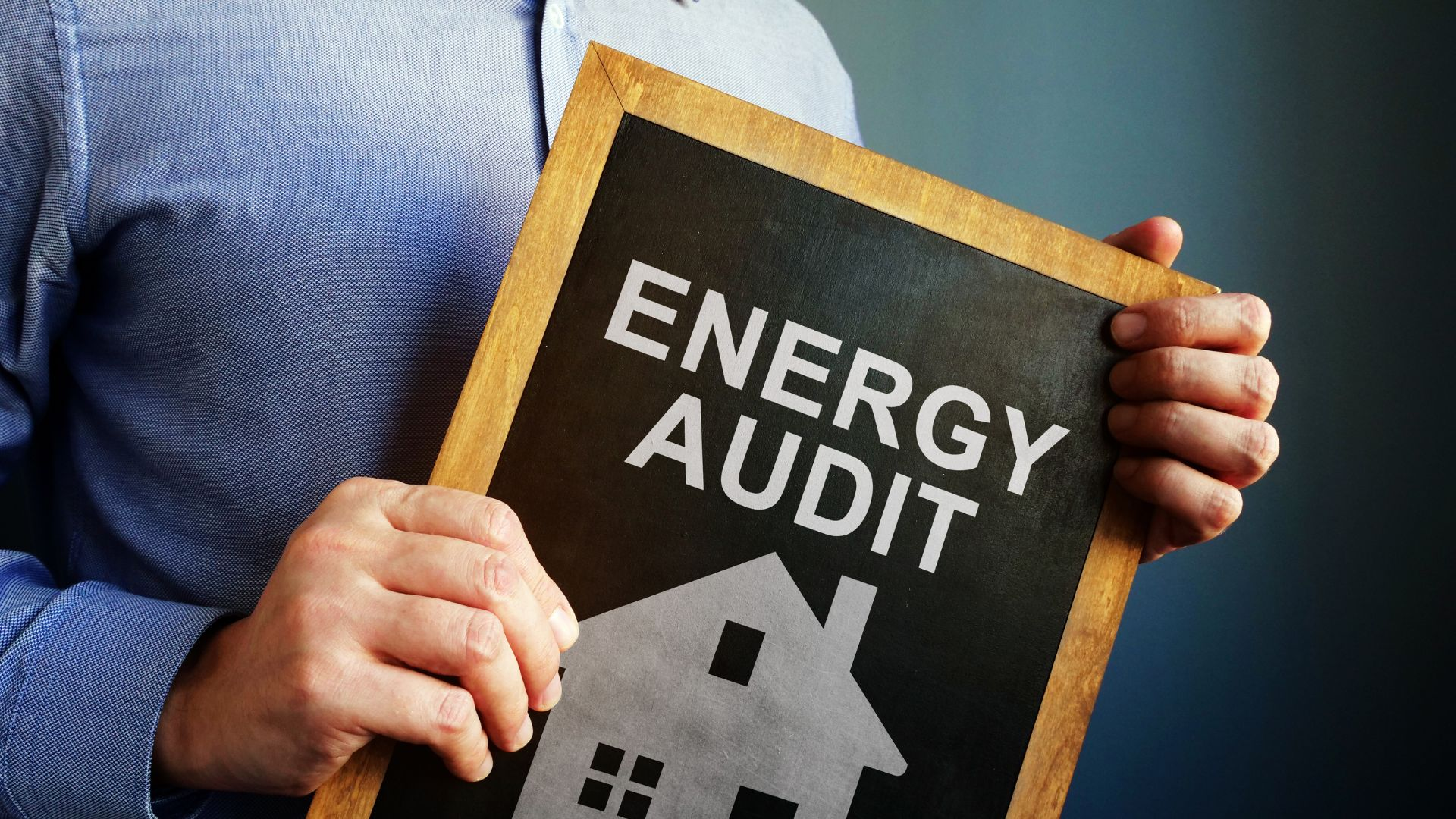
Monitoring your home’s energy usage can help you identify areas for improvement and track your progress towards greater energy efficiency.
A professional home energy audit can help you identify areas of energy waste, prioritize your energy efficiency upgrades, and provide guidance on how to lower your utility bills.
Financing Energy Efficient Improvements

Many financial institutions recognize the long-term benefits of investing in energy-efficient home improvements and offer a variety of loans and financing options to make these upgrades more accessible to homeowners.
These options can help you fund your project and increase your home’s energy efficiency, reduce your environmental impact, and save on energy costs.
Conclusion
Energy efficient home improvements not only save you money on heating and cooling costs but also contribute to a cleaner environment and improved indoor air quality. By investing in energy efficiency upgrades, such as installing solar panels, sealing air leaks, and upgrading to energy-efficient appliances, you can lower your energy bills and live a more sustainable lifestyle







